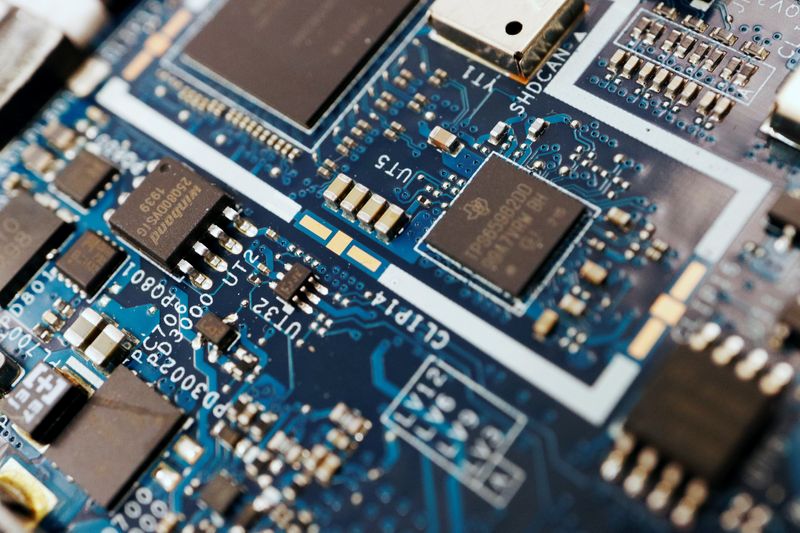By David Shepardson
WASHINGTON (Reuters) - U.S. Commerce Secretary Gina Raimondo said Wednesday the Chinese government opposes an effort in Congress to ramp up U.S. semiconductor manufacturing because it will give the United States more of a competitive punch.
On Thursday, U.S. lawmakers will open formal negotiations on a compromise measure that would fund $52 billion in semiconductor manufacturing subsidies and boost U.S. competitiveness with Chinese technology. It could still take months to reach a final deal.
Republican Senator Shelley Moore Capito asked Raimondo at a Senate Appropriations subcommittee hearing about a Reuters story and other reports that China had been pushing U.S. executives, companies and business groups to fight against China-related bills in Congress.
"It doesn't surprise me at all. China doesn't want us to pass this bill. They know that this bill will enable us to outcompete them," Raimondo said, saying China had invested $160 billion in domestic semiconductor production. "The last thing they want is for us to invest $52 billion."
Raimondo said she had heard the reports China was lobbying U.S. businesses, saying they were "deeply concerning ... The reason China is so against it is because they know how important it is for us."
The Chinese Embassy did not immediately comment.
Reuters reported in November China's embassy in Washington had sent letters pressing executives to urge members of Congress to alter or drop specific bills that seek to enhance U.S. competitiveness, according to the sources and the text of a letter sent by the embassy's economic and commercial office seen by Reuters.
Chinese officials warned companies they would risk losing market share or revenue in China if the legislation becomes law, according to the text of the letter.

China has said it opposes such legislation, arguing it stokes anti-China sentiment and it's based on Cold War-era thinking.
A persistent shortage of chips has disrupted the automotive and electronics industries, forcing some companies to scale back production. Raimondo and others have called boosting chips production a national security issue.